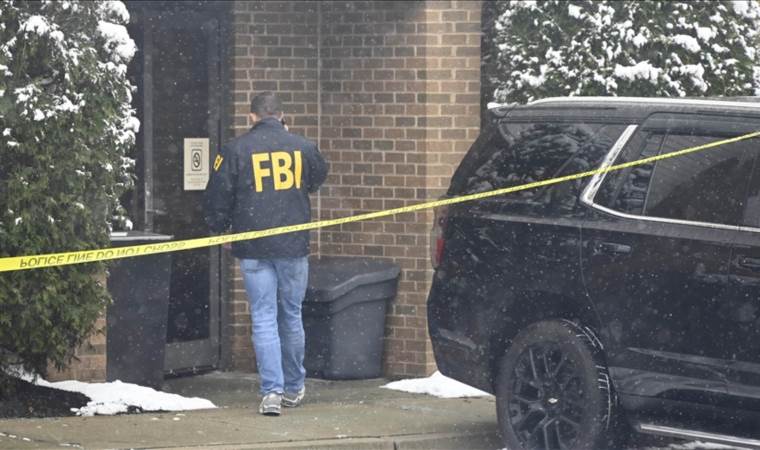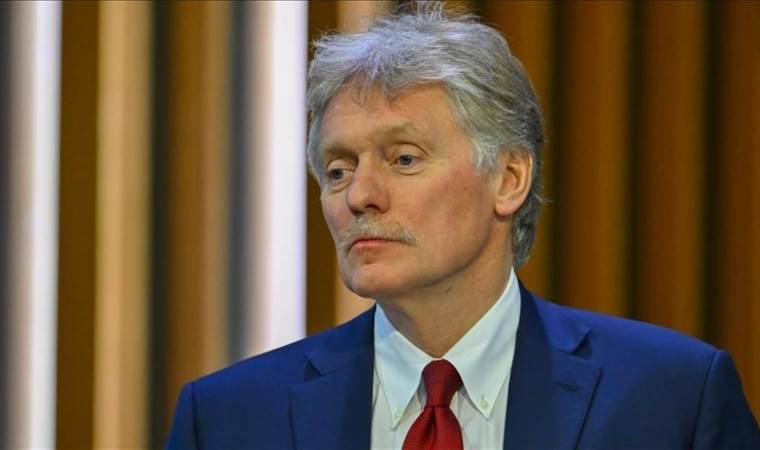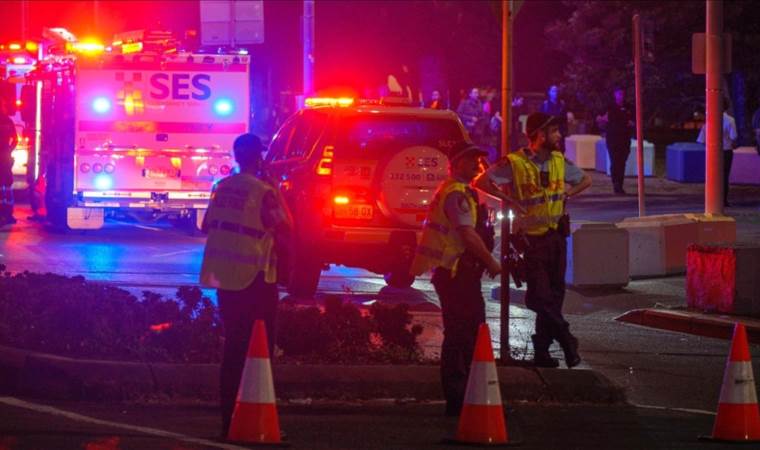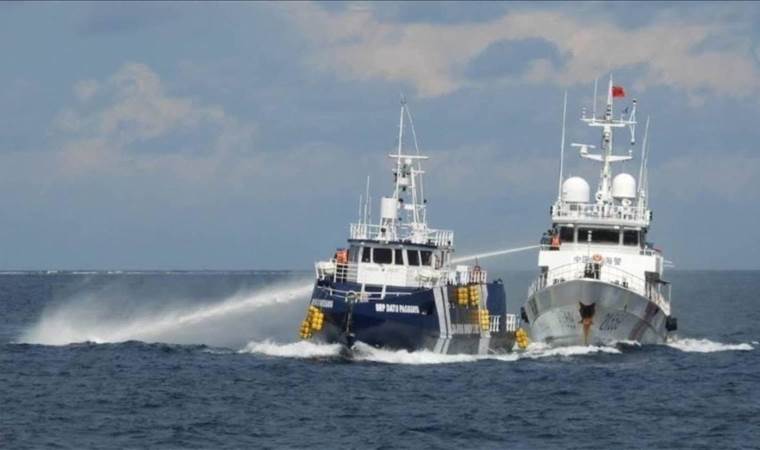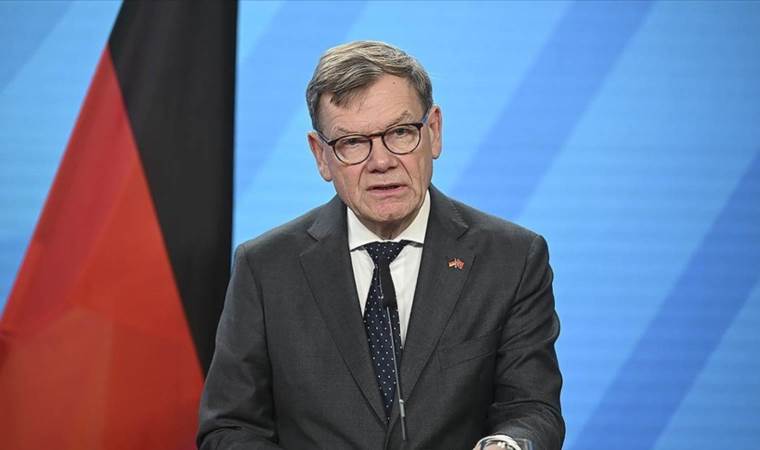EU Commission urges Europe to raise defense spending beyond 3%
The European Commission president urged EU member states to raise defense spending beyond 3% during a European Parliament debate on Tuesday.

“Today we spend just short of 2% of our GDP on defense. Every analysis agrees that we need to move north of 3%,” said Ursula von der Leyen.
She noted that since the EU's annual budget amounts to just over 1% of the bloc’s GDP, member states must shoulder most of the new investments.
“Some believed that Russia could be integrated in Europe's economic and security architecture. While others hoped that we could rely indefinitely on America's full protection. And so, we lowered our guard,” von der Leyen said.
She stressed that the “time of illusions” was over, calling for the bloc to strengthen its ability to defend itself.
She also reiterated the “urgent need” to address gaps in Ukraine's military supplies and ensure “solid security guarantees” for both Ukraine and the entire continent.
"Putin has proven time and again that he is a hostile neighbor. He cannot be trusted, he can only be deterred. And we know that Russia's military complex is outproducing ours,” von der Leyen said, underlining that the Kremlin spends more on its military than all of Europe combined.
“We all wish we could live in more peaceful times. But I am confident that, if we unleash our industrial power, we can restore deterrence against those who seek to do us harm,” she further said.
Most Read News
-
 Person of interest identified in Brown University shooti
Person of interest identified in Brown University shooti
-
 Hollywood filmmaker Rob Reiner, wife Michele found dead
Hollywood filmmaker Rob Reiner, wife Michele found dead
-
 Russia says issue of Ukraine’s non-accession to NATO req
Russia says issue of Ukraine’s non-accession to NATO req
-
 2 US activists arrested by Israel in occupied West Bank,
2 US activists arrested by Israel in occupied West Bank,
-
 Australian police identify Bondi Beach gunmen as father
Australian police identify Bondi Beach gunmen as father
-
 EU condemns ‘dangerous actions’ by China in South China
EU condemns ‘dangerous actions’ by China in South China
-
 Germany could be Russia’s next target if Ukraine falls,
Germany could be Russia’s next target if Ukraine falls,
-
 Australian premier hints at 'tougher gun laws' after dea
Australian premier hints at 'tougher gun laws' after dea
